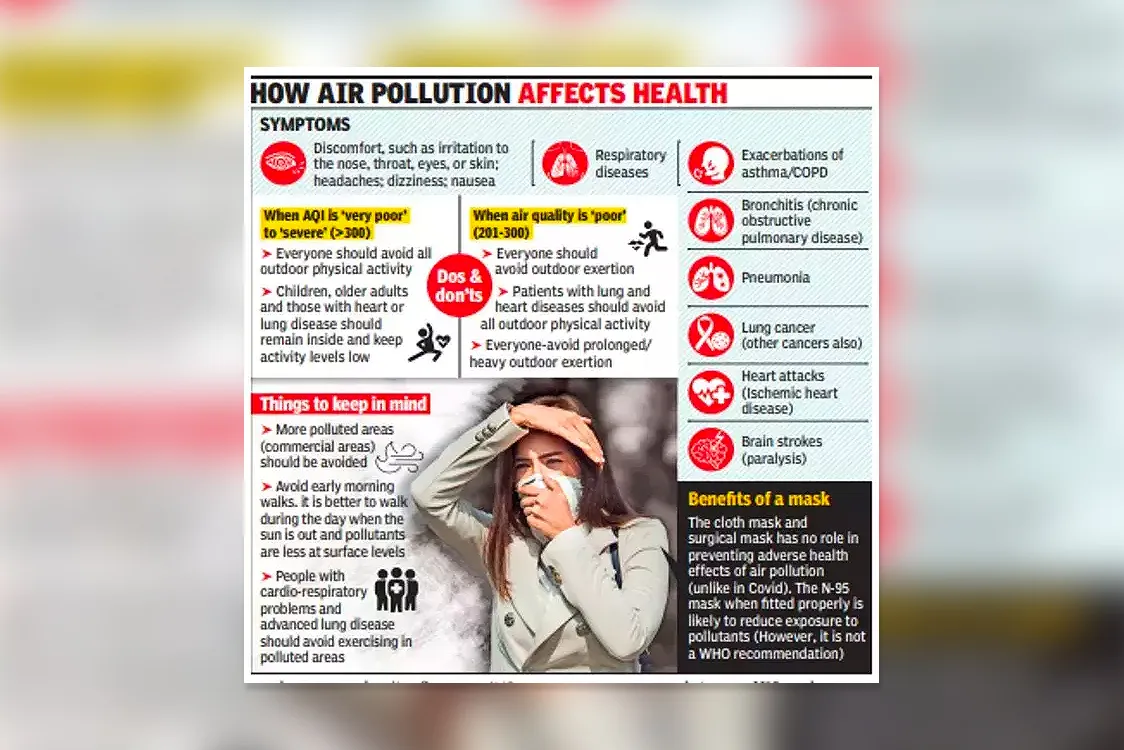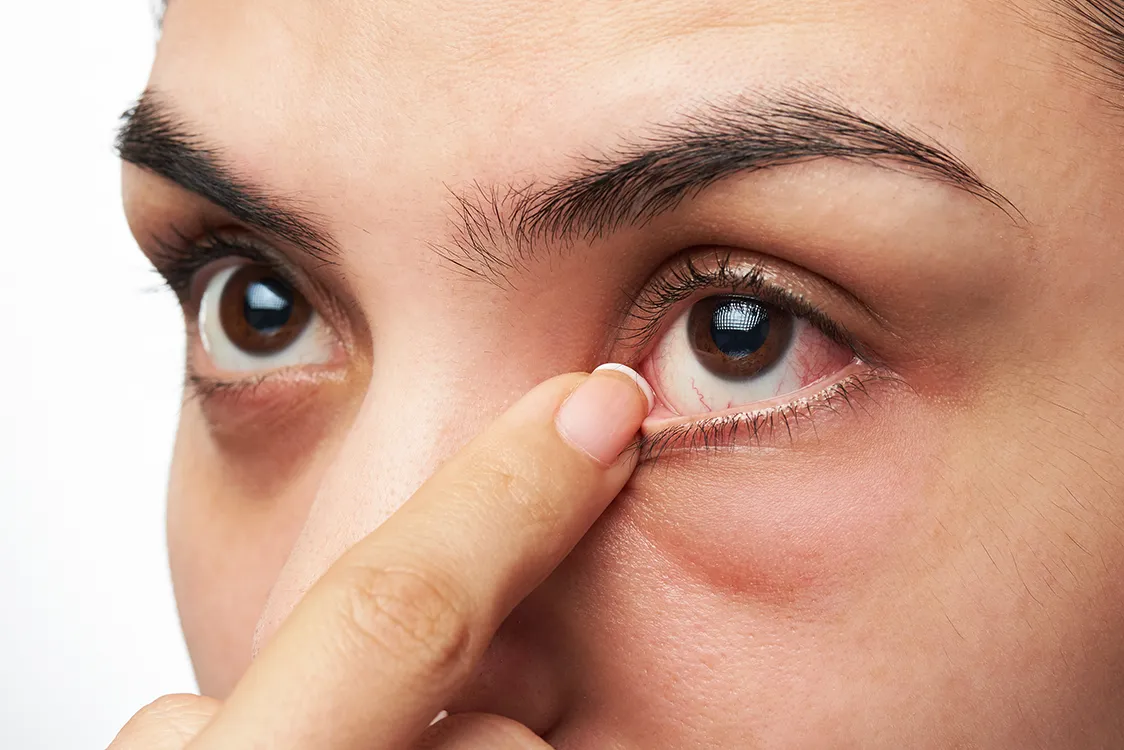The BMC conducted the STEPS survey, where more than 6,000 people’s fasting blood sugar levels were examined, with the assistance of the World Health Organization. In both men and women, the study discovered 18% with elevated fasting blood glucose levels of more than 126 mg/dl (average: 70-99).
Mumbai: A first-of-its-kind study conducted across the city’s 24 wards revealed that 18% of Mumbaikars between the ages of 18 and 69 had elevated fasting blood glucose levels, the civic body announced ahead of World Diabetes Day. The results of the 2021 survey, which were released on Sunday, highlighted the city’s consistently high prevalence of diabetes and prompted experts to call for immediate action to treat, diagnose, and prevent cases.
The BMC conducted the STEPS survey, where more than 6,000 people’s fasting blood sugar levels were examined, with the assistance of the World Health Organization. In both men and women, the study discovered 18% with elevated fasting blood glucose levels of more than 126 mg/dl (average: 70-99). The survey is conducted in stages, first probing behavioral factors, then measuring physical height, weight, and blood pressure, and finally testing blood sugar and cholesterol levels.
The figures matched the findings of the NFHS-5 report for 2019–20, which showed that 17% of women and 18% of men over 15 had random blood glucose levels greater than 140 mg/dl.
One in five residents of Mumbai has diabetes, according to Dr. Shashank Joshi, chair of the International Diabetes Federation South Asia. However, this figure still needs to be represented. According to him, up to 50% of people with diabetes are unaware of their condition. Mumbai’s diabetes prevalence was previously estimated to be 8–10% in 2008 and 2011; this number has nearly doubled.
The increasing number of fatal heart attacks and strokes is a corresponding effect. BMC’s executive health officer (EHO), Dr. Mangala Gomare, cited the Civil Registration Data when she stated that up to 14% of deaths in 2021 could be attributed to diabetes. Diabetes and hypertension are prevalent underlying conditions in Mumbai, where heart diseases account for 25% of fatalities, according to an expert.
According to Dr. Daksha Shah, joint EHO, numerous other programs in the city to check for non-communicable diseases (NCD) have produced high prevalence rates.
Dr. Joshi stressed the importance of adopting a new lifestyle, advising people to aim for 7,000 or more daily steps and seven to eight hours of sleep. “Lifestyle now encompasses more than just dieting and exercise. Sitting has become a hazard for a lot of people hence, one should inculcate walking as a part of their daily lifestyle.





